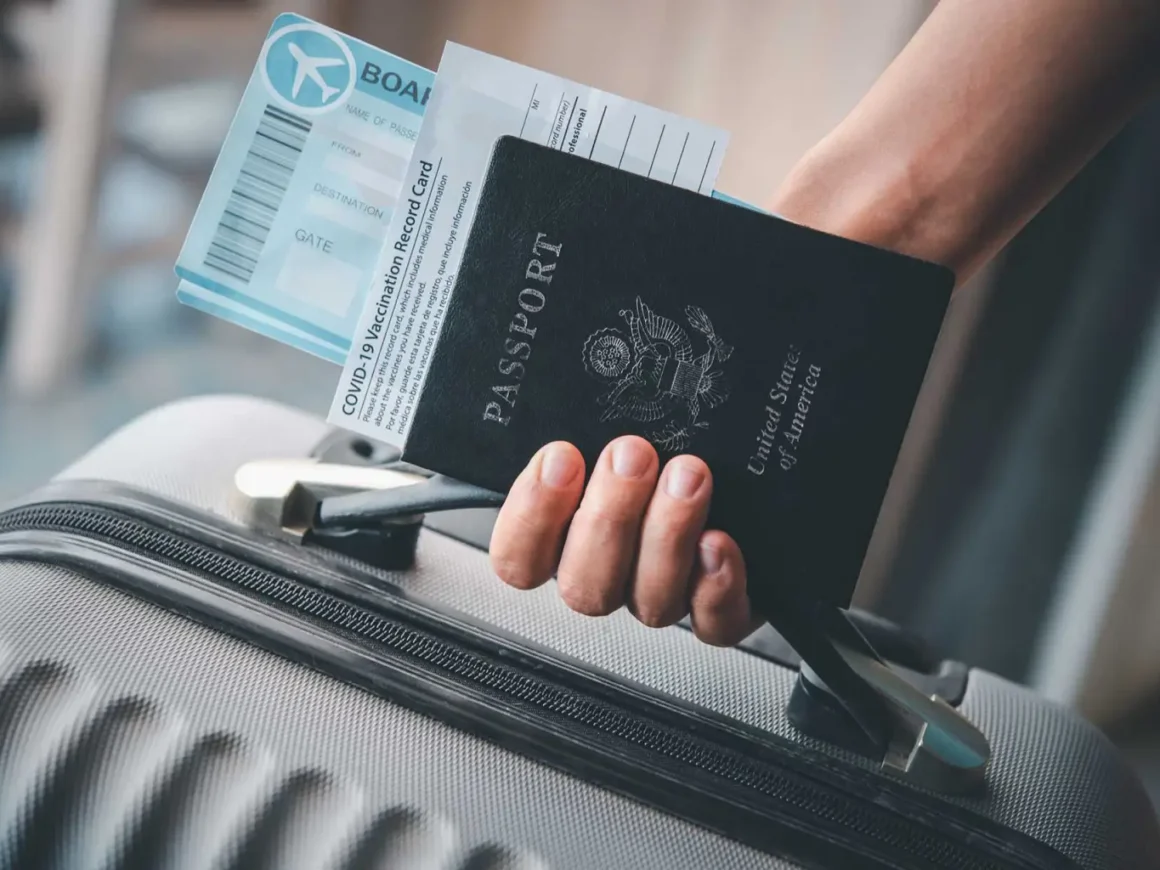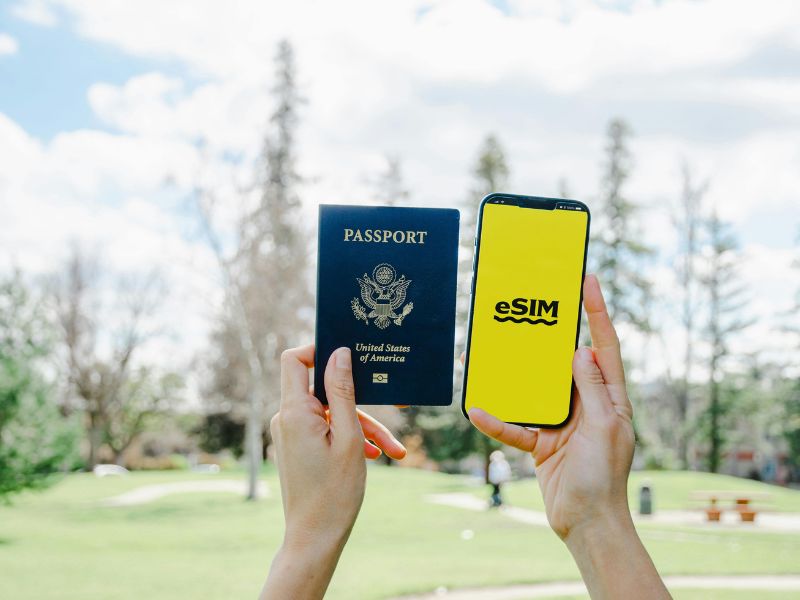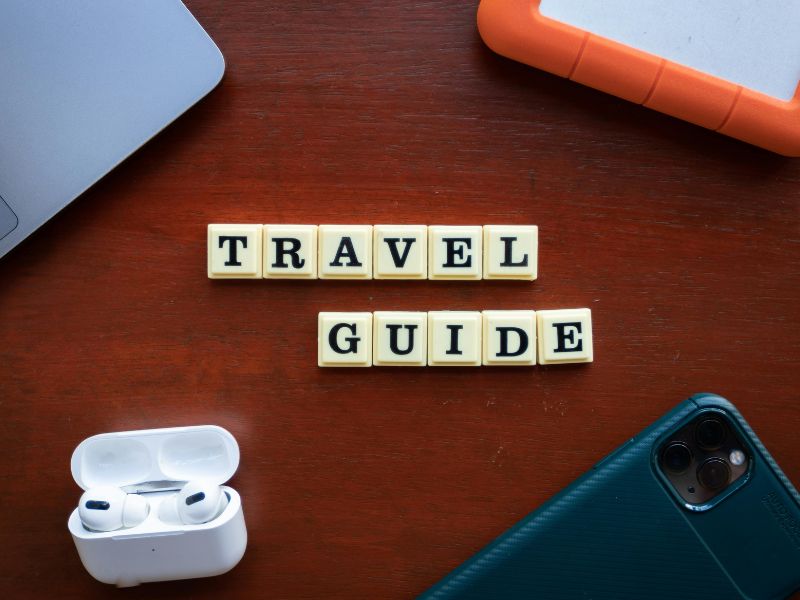Germany, a hub for skilled professionals, students, and families, offers diverse immigration pathways for non-EU citizens seeking to live and work in the country. With the Skilled Immigration Act (FEG) updated in 2023 and 2024, Germany has streamlined visa and residence permit processes to attract global talent. This guide covers key visa options, requirements, application processes, and frequently asked questions (FAQs) to help you navigate immigration to Germany in 2025, based on the latest regulations and insights from trusted sources like www.germany-visa.org and www.make-it-in-germany.com.
Immigration Pathways for Non-EU Citizens
Non-EU citizens need a valid visa and residence permit to live and work in Germany. The appropriate pathway depends on your purpose—work, study, freelancing, or family reunification. Below are the primary visa options for 2025:
1. Employment Visa
The employment visa is for skilled workers with a job offer in Germany. It’s ideal for professionals in non-regulated fields like IT, engineering, or management.
-
Requirements:
-
A recognized academic or vocational qualification (comparable to German standards).
-
A job offer for a qualified position (not basic manual/admin tasks).
-
Minimum annual gross salary of €43,470 (2025) or per collective agreements.
-
For regulated professions (e.g., healthcare), a license to practice.
-
For those over 45, a minimum salary of €53,130 or proof of adequate pension provisions.
-
Valid health insurance and proof of financial solvency.
-
-
Process:
-
Apply for a long-stay visa at a German embassy or visa center (e.g., VFS Global).
-
After entry, register your address within two weeks and apply for a residence permit at the local Ausländerbehörde (Foreigners’ Office).
-
Visa processing takes 3–12 weeks; residence permits are issued for up to four years.
-
-
Key Notes:
-
Citizens of Australia, Canada, Israel, Japan, New Zealand, South Korea, and the USA can enter without a visa and apply for a residence permit within 90 days.
-
The Western Balkans Regulation allows citizens from Albania, Bosnia, Kosovo, Montenegro, North Macedonia, and Serbia easier access to non-regulated jobs with a 50,000 annual quota.
-
2. EU Blue Card
The EU Blue Card is a work and residence permit for highly skilled non-EU professionals, offering a fast track to permanent residency.
-
Requirements:
-
A university degree (German or recognized foreign equivalent, verified via Anabin or ZAB).
-
A job offer for at least six months with a minimum annual gross salary of €48,300 (2025) or €43,759.80 for shortage occupations (e.g., IT, engineering, healthcare) or new graduates (within three years of degree).
-
IT professionals without a degree need three years of relevant experience in the last seven years.
-
Valid health insurance and proof of accommodation.
-
-
Benefits:
-
Fast-track permanent residency after 27 months (or 21 months with B1 German proficiency).
-
Simplified family reunification (no German language requirement for spouses).
-
Mobility within the EU after 12 months in another EU country.
-
-
Process:
-
Apply online or at a German embassy/visa center with documents (passport, job contract, degree proof, etc.).
-
Processing takes 1–3 weeks; the permit is valid for up to four years or the job contract duration plus three months.
-
Notify the Ausländerbehörde if changing jobs within the first year.
-
-
Note: In 2023, Germany issued 69,000 Blue Cards, with India leading recipients (21,000).
3. Opportunity Card (Chancenkarte)
Introduced in June 2024, the Opportunity Card allows non-EU job seekers to live in Germany for up to one year to find employment.
-
Requirements:
-
A minimum of two years of vocational training or a recognized university degree.
-
Language proficiency: A1 German or B2 English (CEFR).
-
Financial solvency: At least €1,027/month (2024, subject to change).
-
Valid health insurance (Schengen travel insurance for visa application; long-term insurance after entry).
-
Score at least six points based on qualifications, experience, age, and German connections.
-
-
Process:
-
Apply online via the Federal Foreign Office portal or at a German embassy.
-
Allows part-time work (up to 20 hours/week) or two-week trial jobs.
-
If a job is found, apply for a work-related residence permit; otherwise, leave after one year (reapply after a year).
-
-
Note: Family members cannot join unless they apply independently.
4. Student Visa
The student visa is for non-EU nationals pursuing higher education or vocational training in Germany.
-
Requirements:
-
Admission to a German university or preparatory course.
-
Proof of financial resources (e.g., €11,904/year in a blocked bank account, 2025 estimate).
-
Valid health insurance and proof of accommodation.
-
Basic German skills (A1–B1) for some programs.
-
-
Process:
-
Apply at a German embassy/visa center with an admission letter, financial proof, and other documents.
-
After arrival, register your address and apply for a residence permit within 90 days.
-
Students can work up to 140 full days or 280 half days annually (or 20 hours/week).
-
-
Note: In 2023, Germany issued 144,000 student permits, with India, China, and South Korea leading. International students cannot apply for permanent residency during their studies.
5. Freelancer/Self-Employment Visa
This visa is for freelancers (Freiberufler) or self-employed individuals (Selbständiger) in liberal professions (e.g., teachers, journalists, IT professionals) or business owners.
-
Requirements:
-
Proof of demand for your services in Germany (e.g., client letters, contracts).
-
Financial solvency: Income exceeding rent, health insurance, and €563/month (Berlin estimate).
-
Necessary licenses for regulated professions (e.g., teaching).
-
For those over 45, proof of adequate pension provisions.
-
Business plan (for self-employed) showing economic benefit to Germany.
-
Valid health insurance (public or private).
-
-
Process:
-
Apply at a German embassy or, for citizens of Australia, Canada, Israel, Japan, New Zealand, South Korea, or the USA, directly at the Ausländerbehörde after entry.
-
Visa fee: €75; residence permit fee: up to €100.
-
Valid for up to three years, extendable if the business is successful.
-
-
Note: Register with the German Tax Office (Finanzamt) to obtain a tax number after approval.
6. Family Reunification Visa
This visa allows spouses, minor children, or parents to join a German resident or citizen.
-
Requirements:
-
Proof of relationship (e.g., marriage or birth certificate).
-
Financial sponsorship by the resident in Germany (except for EU Blue Card holders).
-
Basic German skills (A1) for spouses, unless joining an EU Blue Card holder.
-
Proof of accommodation (waived for EU Blue Card holders’ families).
-
-
Process:
-
Apply at a German embassy/visa center with relationship documents.
-
Spouses of EU Blue Card holders receive immediate work authorization.
-
Processing takes 6–12 weeks; residence permits are issued after arrival.
-
-
Note: Skilled workers with permits issued on/after March 1, 2024, can bring parents/parents-in-law without proving sufficient living space.
General Requirements for Moving to Germany
Beyond visa-specific criteria, all immigrants must meet these requirements:
-
Financial Solvency: Proof of funds (e.g., blocked bank account for students, job offer for workers, or sponsorship for family).
-
Health Insurance: Schengen travel insurance for visa applications; public/private insurance after arrival.
-
Accommodation: Rental agreement, hotel booking, or host invitation letter.
-
Qualification Recognition: For employment visas, qualifications must be recognized by German authorities (check Anabin or ZAB).
-
Language Skills: A1–B1 German for some visas (e.g., family reunification, studies); not required for EU Blue Card initially.
Application Process
-
Determine Your Visa Type: Use the German Federal Foreign Office’s Visa Navigator to identify the correct visa.
-
Schedule an Appointment: Book with a German embassy or visa center (e.g., VFS Global, TLS Contact).
-
Gather Documents: Include passport, photos, qualifications, job offer/admission letter, financial proof, and health insurance.
-
Submit Application: Processing takes 3–12 weeks; fees range from €75 €100.
-
After Arrival:
-
Register your address at the Einwohnermeldeamt within two weeks.
-
Apply for a residence permit at the Ausländerbehörde within 90 days.
-
Open a German bank account and enroll in long-term health insurance.
-
For expert assistance, consider Schlun & Elseven, who provide tailored support for visa and residence permit applications, ensuring compliance with German law.
After Arrival: Settling in Germany
-
Address Registration: Obtain a registration certificate at the Einwohnermeldeamt, needed for bank accounts and residence permits.
-
Residence Permit: Apply at the Ausländerbehörde; duration varies (1–4 years).
-
Health Insurance: Employers typically enroll workers in public insurance; students/freelancers choose public or private options.
-
Bank Account: Required for salary, rent, and utilities; use your passport and registration certificate.
Permanent Residency and Citizenship
-
Settlement Permit (Niederlassungserlaubnis):
-
After 5 years (standard work permits).
-
After 3 years (skilled workers or spouses of German citizens).
-
After 27 months (EU Blue Card holders) or 21 months with B1 German.
-
Requires pension contributions and basic German skills (A1–B1).
-
-
Citizenship: Eligible after 5 years via naturalization, requiring integration (e.g., language skills, civic knowledge).
-
Note: International students cannot apply for settlement/citizenship during studies.
FAQs
1. Do I need a visa to enter Germany?
Citizens of Australia, Canada, Israel, Japan, New Zealand, South Korea, and the USA can enter without a visa and apply for a residence permit within 90 days. Others need a long-stay visa before arrival.
2. How long does visa processing take?
Processing takes 3–12 weeks, depending on the visa type and embassy workload. EU Blue Card applications are typically faster (1–3 weeks).
3. Can I change jobs with an EU Blue Card?
Yes, but notify the Ausländerbehörde within the first year. After 12 months, you can change jobs without notification.
4. Can my family join me?
Yes, through the family reunification visa. EU Blue Card holders enjoy simplified requirements (no German language or living space proof for spouses).
5. Can I work while studying?
Yes, international students can work 140 full days or 280 half days annually (or 20 hours/week).
6. Is German language proficiency required?
Not for EU Blue Card or Opportunity Card initially, but A1–B1 is needed for family reunification, some student visas, and permanent residency.
7. What if I lose my job?
Notify the Ausländerbehörde within two weeks. You have six months to find a new job, or you may need a new permit (e.g., Opportunity Card).
8. Can freelancers apply for permanent residency?
Yes, after three years, if the business is successful and pension contributions are made.
Conclusion
Germany’s 2025 immigration landscape, shaped by the Skilled Immigration Act, offers accessible pathways for skilled workers, students, freelancers, and families. The EU Blue Card and Opportunity Card are standout options for professionals, with lowered salary thresholds (€43,759.80 for shortage occupations) and expanded eligibility for IT specialists and new graduates. Students benefit from increased work allowances, while freelancers enjoy flexible visa options. Family reunification is streamlined, especially for EU Blue Card holders. With proper planning and support from experts like Schlun & Elseven, moving to Germany is more achievable than ever. Start your journey by visiting www.germany-visa.org or www.make-it-in-germany.com for detailed guidance.






